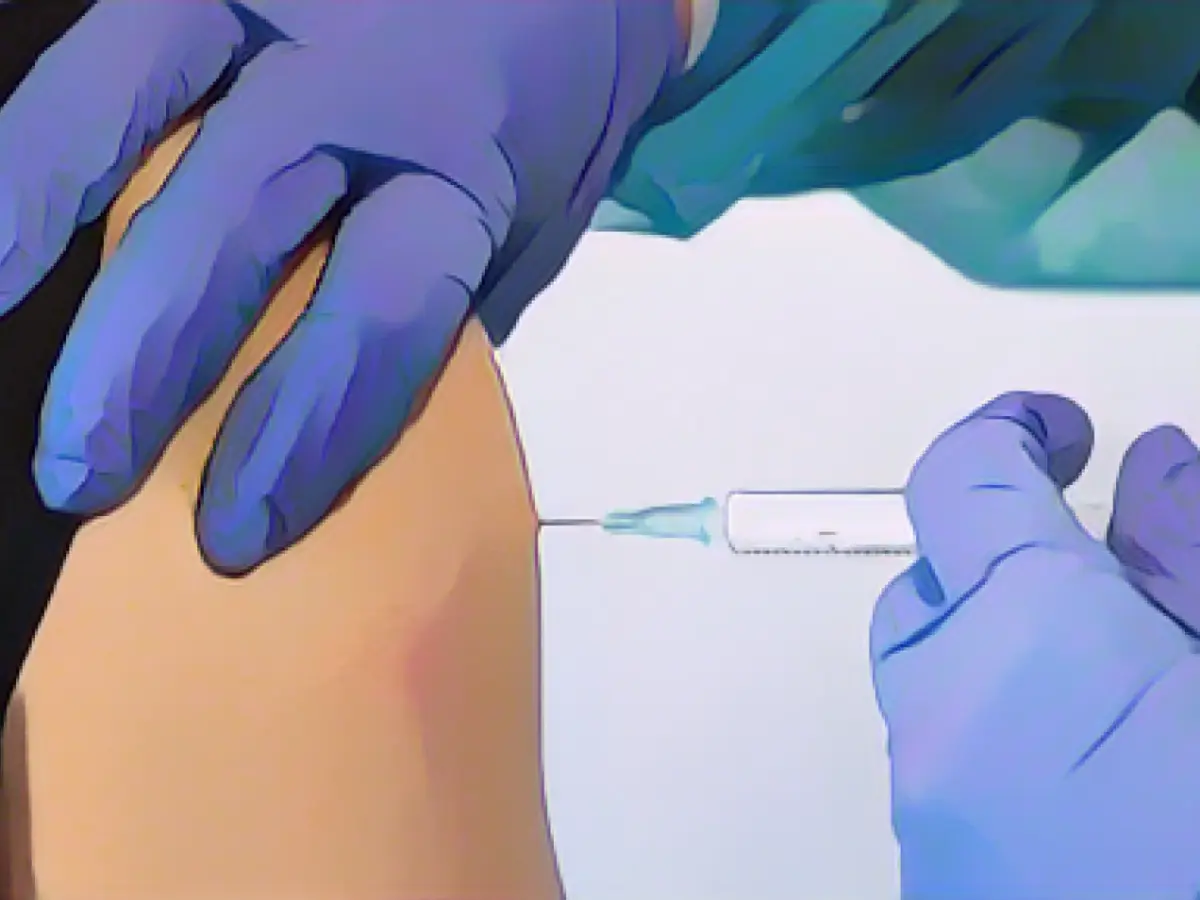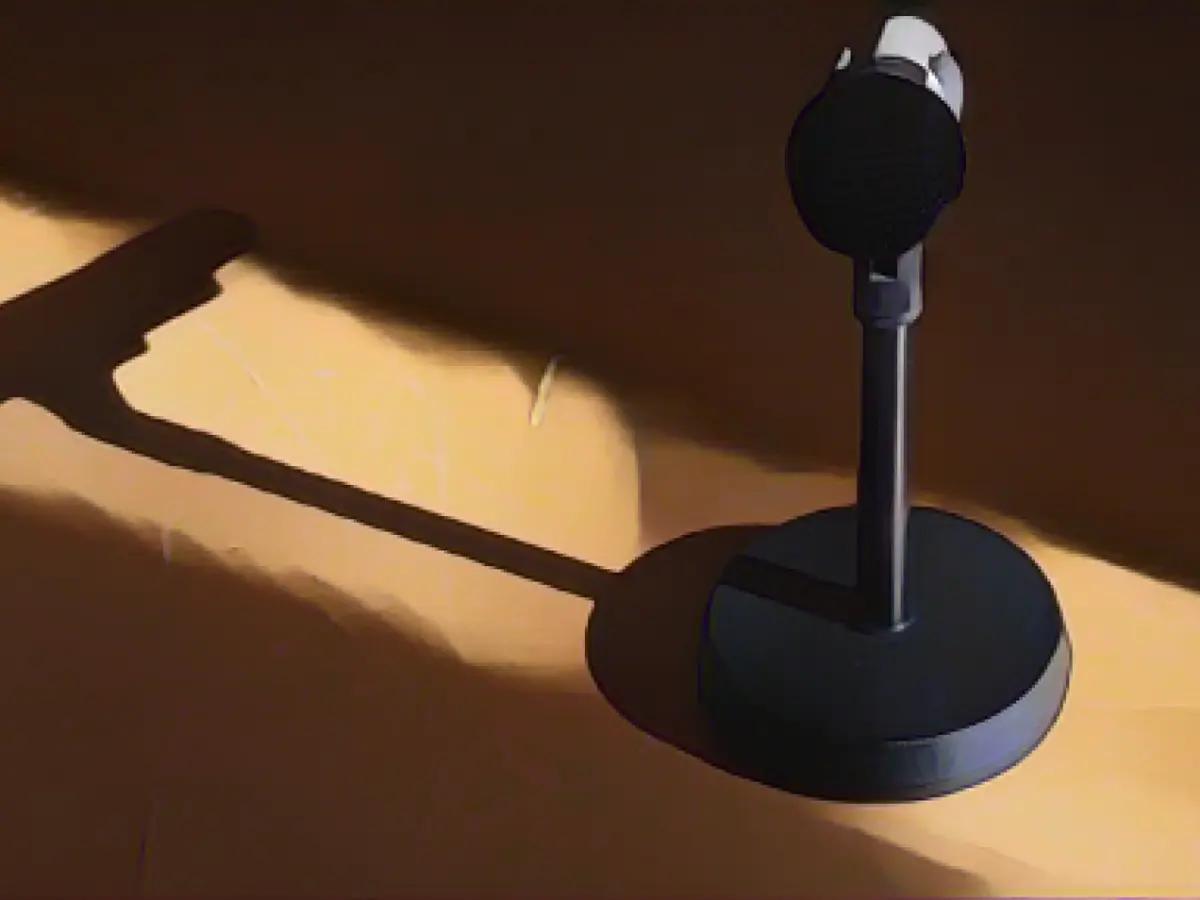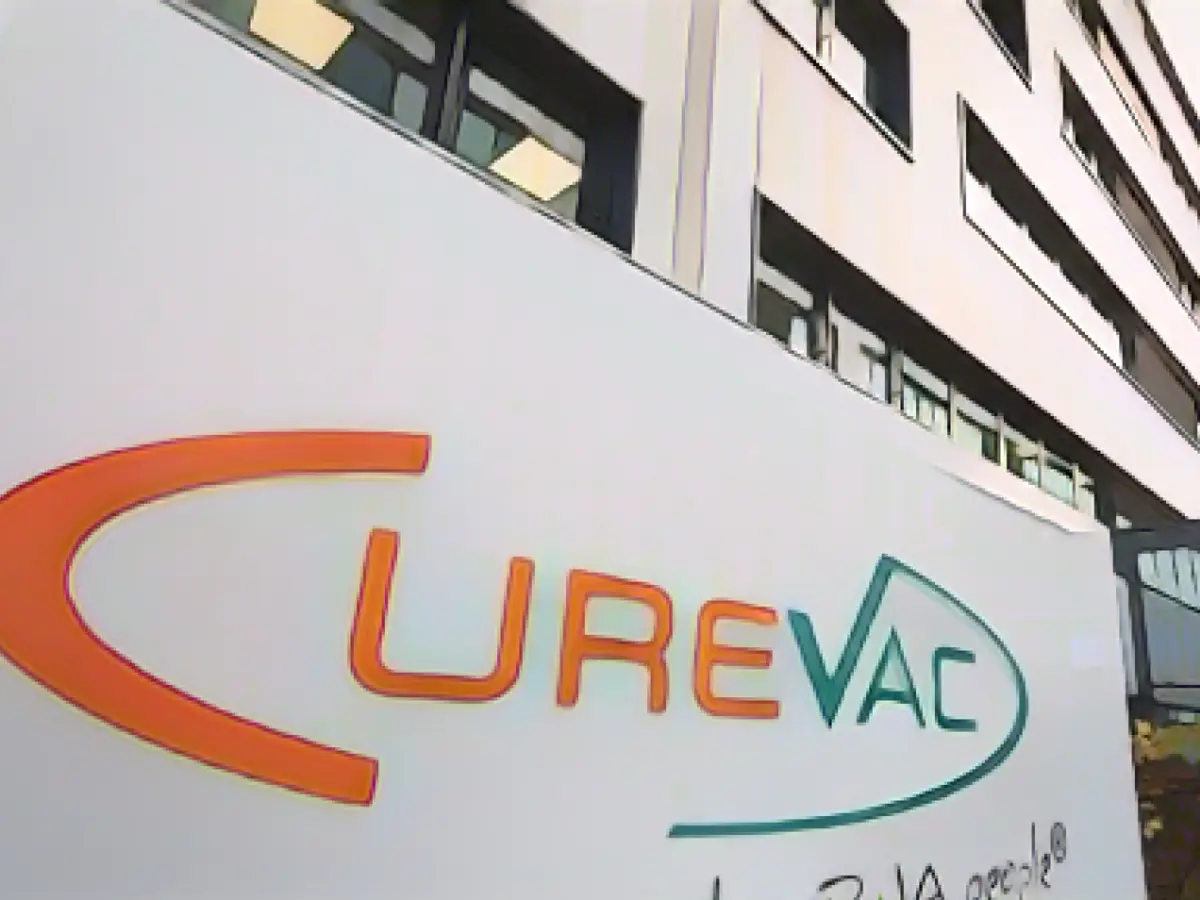In a recent court hearing at the Rottweil Regional Court, a 58-year-old man sought compensation of 150,000 euros from Biontech, alleging near-total blindness in his right eye due to their coronavirus vaccine. However, the court dismissed the case, finding the plaintiff's justification less than convincing.
The plaintiff failed to provide sufficient evidence supporting his claims, relying on unfounded reports, Internet opinions, and non-scientific doctor's opinions instead of presenting concrete errors in the approval process or fresh scientific findings. The court noted that the warning in the vaccine manufacturer's instructions regarding potential unknown side effects post-approval was sufficient.
The plaintiff's case marks one of many similar lawsuits in Germany, with courts considering various claims against vaccine manufacturers. According to German law, vaccine manufacturers are liable for side effects if the medication harms beyond scientifically acceptable levels with intended use or if damage stems from misleading warnings or instructions. In this instance, the court deemed the plaintiff's lack of justification in either instance.
In the intricate tapestry of product liability law in Germany, the plaintiff's case against Biontech would typically fall under the Product Liability Directive (PLD), which enforces strict liability on manufacturers, and the German Code of Civil Procedure (ZPO), which incorporates a regulatory compliance defense based on European marketing approval. Future provisions in the ZPO will strengthen trade secret protection and streamline mass actions through the introduction of a "leading decision procedure."
Again, it's important to clarify that this article does not contain specifics on the Rottweil Regional Court's ruling or the inner workings of the plaintiff's case against Biontech. It merely lays out the broader legal landscape, providing context for potential legal proceedings in Germany involving vaccine-related claims.








